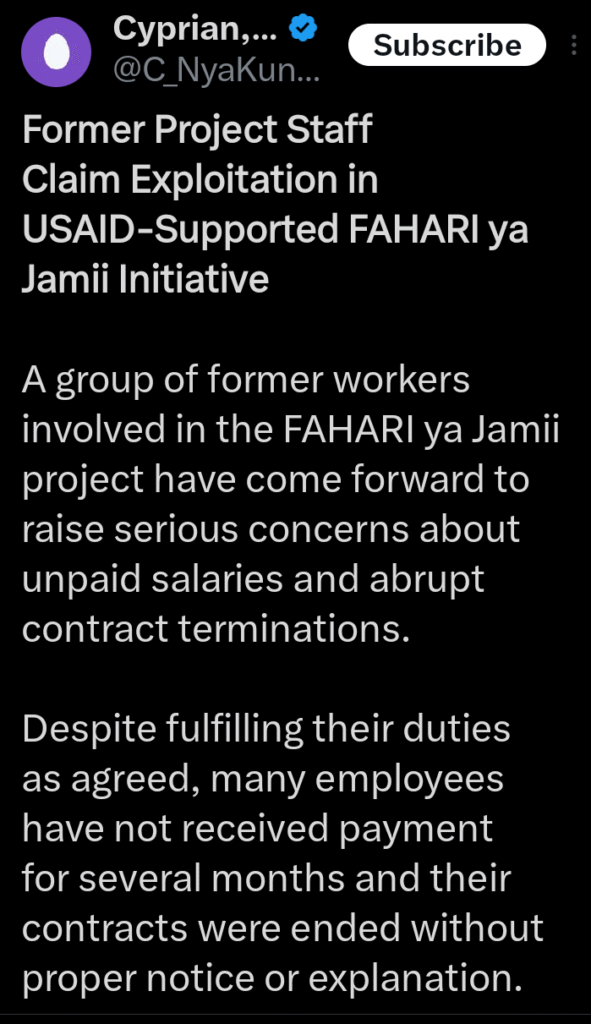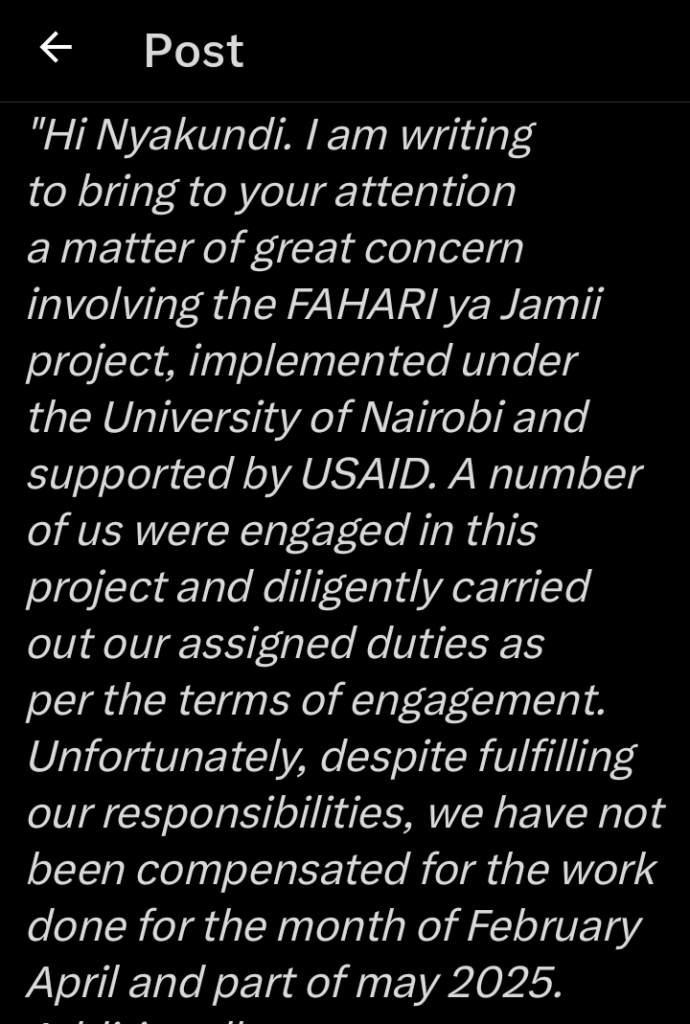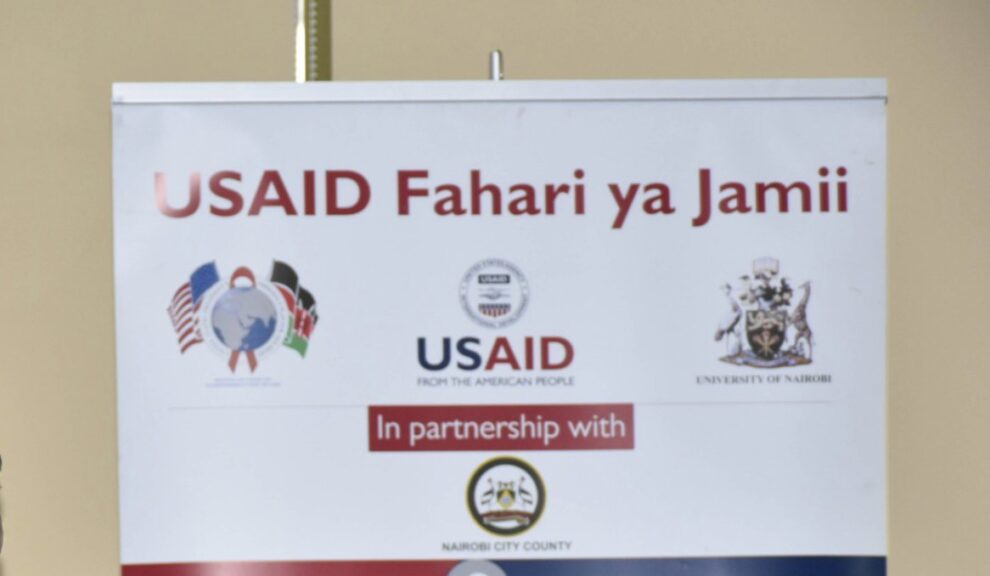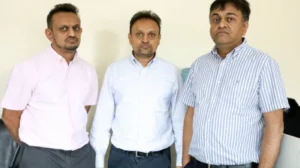Former staff members of the FAHARI ya Jamii initiative, a project supported by USAID and implemented under the University of Nairobi, have raised concerns about what they describe as exploitation and unfair treatment. These individuals, who were actively involved in the project’s operations, claim they were not paid for several months and had their contracts terminated without any clear explanation or due process.
This situation has caused financial stress and professional uncertainty for many of them, who now feel abandoned by a project that was supposed to empower vulnerable communities.In a message shared with blogger Cyprian Nyakundi, one of the affected workers explained that several project staff members had carried out their duties diligently, as agreed in their contracts. They worked through February, April, and part of May 2025, but to their shock, they have not been paid for their services during this period.

Adding to their frustration, their contracts were ended without warning or justification. According to them, this treatment is not only unfair but also a violation of basic labor rights, especially given that the initiative is funded by public and donor money.
The whistleblower highlighted the deep emotional and financial impact this has had on those affected. Many of the former employees relied on their salaries to meet daily needs and support their families.
The sudden loss of income, without any form of notice, has left them struggling. Worse still, no one from the management has come forward to explain the reasons behind the payment delays or the terminations. This silence has led to growing anger and suspicion among the workers, who now question the integrity of those running the project.
The workers believe that a project like FAHARI ya Jamii, which is meant to bring hope and support to the vulnerable, should uphold the highest standards of accountability and fairness.
The fact that those behind the scenes are allegedly mistreating their own staff is not only disappointing but deeply troubling. It casts a shadow over the project’s goals and raises questions about how funds meant to uplift communities are being managed.

Those affected are now calling on USAID, the University of Nairobi, and other relevant bodies to step in and investigate these claims. They want transparency, accountability, and justice. They argue that it is unacceptable for people to give their time and energy to a cause, only to be left unpaid and dismissed without explanation.
They believe public and donor-funded projects must lead by example in ensuring fair labor practices.

When staff members are mistreated and silenced, it reflects deeper issues in how these programs are run. The former workers hope that by speaking out, they can stop similar injustices from happening again and push those responsible to account for their actions.





















Add Comment